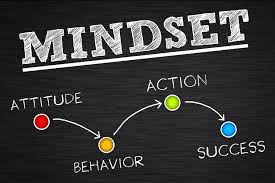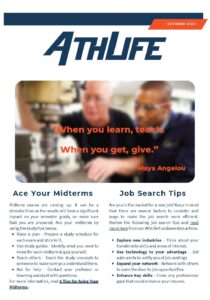What is Emotional Intelligence (EQ)
American entrepreneur, author and motivational speaker Jim Rohn once said, “Our emotions need to be as educated as our intellect.” You may be asking yourself, “What does that mean?” What Jim Rohn is saying is that intelligence, or a high IQ, and technical expertise alone do not guarantee success. Emotional intelligence (EQ), or your ability to be aware of and express your own emotions, perceive and influence others in the context of interpersonal relationships, may be more impressive and have more impact on your ability to achieve success in your career. According to a recent online article, “Emotional intelligence has now been identified as the most important factor in terms of predicting job performance.” It has also been proven to be a required competency of effective leaders. According to Talentsmart.com, 90% of top performers have a high EQ and make more money per year than their low EQ counterparts.
The two main facets of EQ are self-awareness and self-management. Self-awareness is the ability to recognize and understand how your emotions affect you and your interactions with others. Self-management is using and directing your emotions in a way that stimulates positive interactions with others while also motivating yourself.
Top Reasons Employers Value EQ over IQ
With a basic understanding of Emotional Intelligence, let’s explore some of the top reasons why employers say they value employees with EQ over IQ:
-
Usually remain calm under pressure
-
Resolve conflict effectively
-
Show empathy towards their peers and subordinates
-
Lead by example
-
Put more thought and consideration into business-impacting decisions
-
Reduced staff turnover
Although the concept of EQ was first utilized in the business world, it has also found its way into sports. Success in sports is often linked to an athlete’s ability to get themselves into the appropriate emotional state for the demands of the situation. Emotionally intelligent people can get themselves psyched up when necessary, but can also relax in situations that require calmness. Athletes are used to switching back and forth between these mindsets and are often good at regulating their emotions. This is not always an inherent ability. It can be learned and perfected over time, helping an athlete maximize their potential and achieve success in sport, but also providing a competitive advantage when transitioning out of sport into life after the game.



